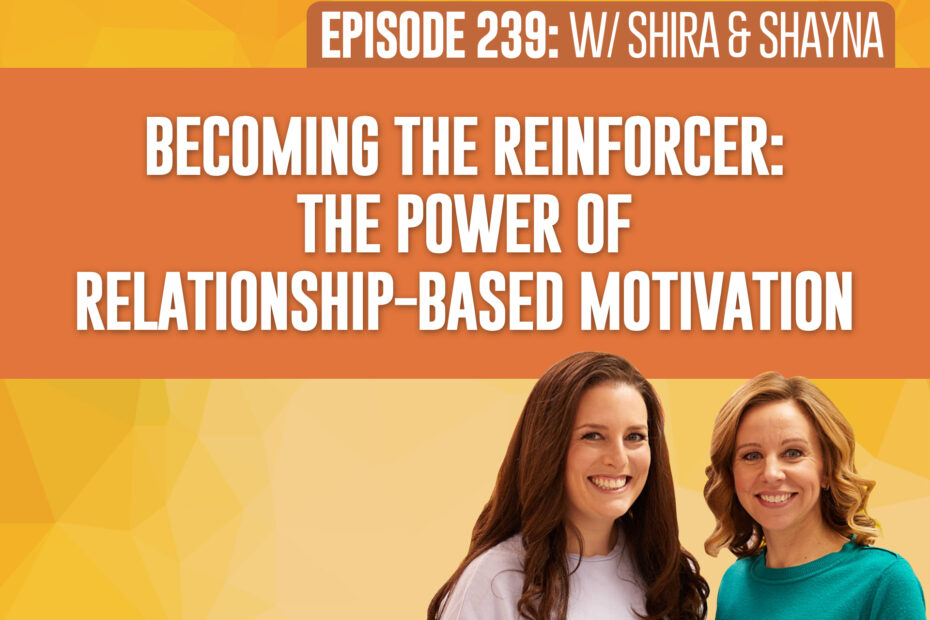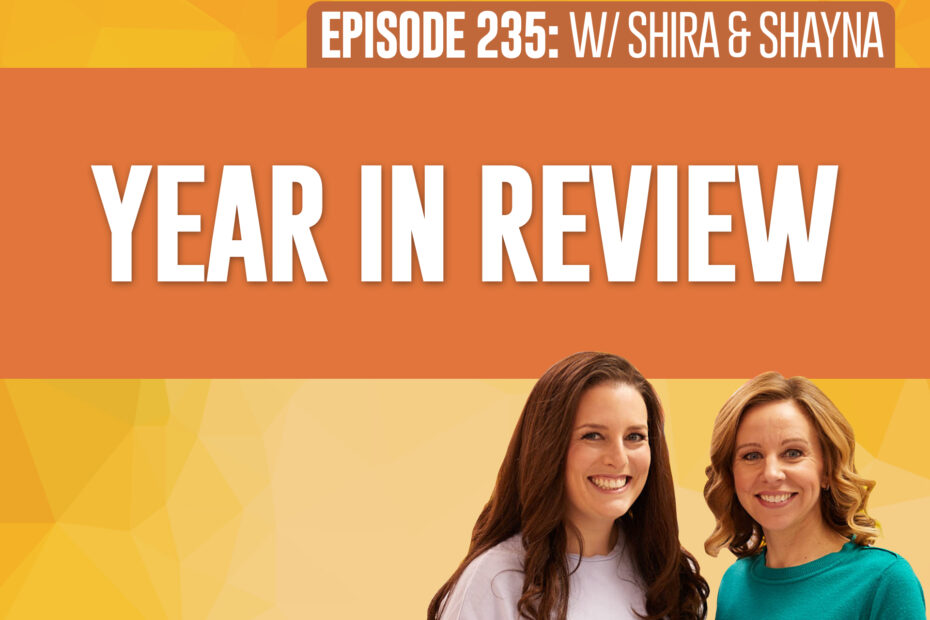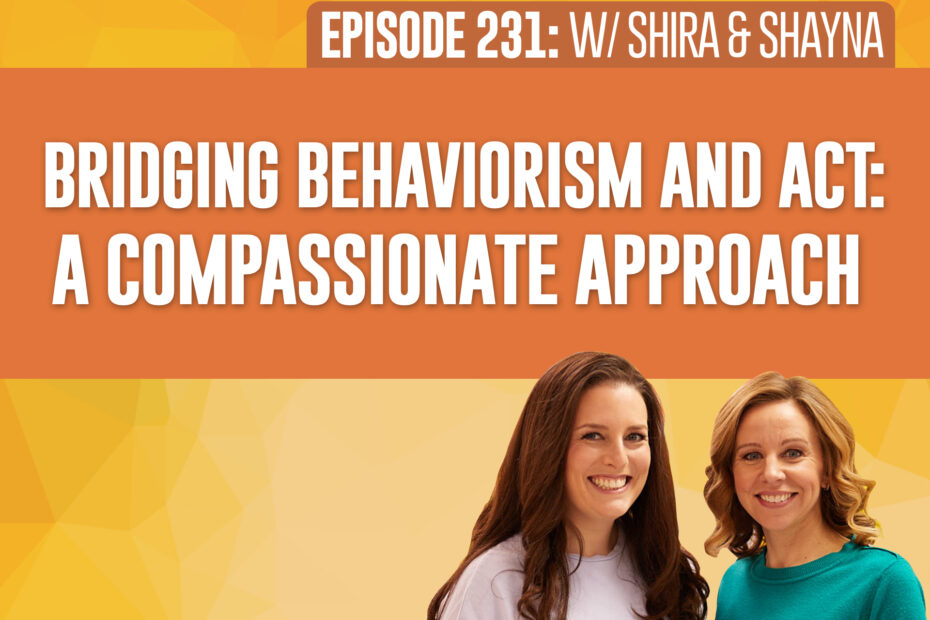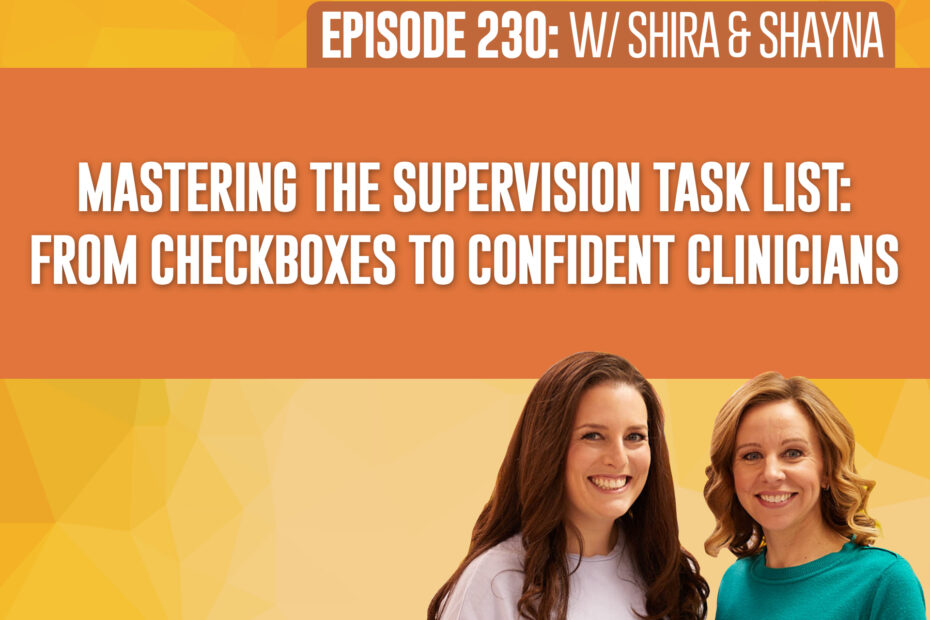Episode 239: Becoming the Reinforcer: The Power of Relationship-Based Motivation
In this episode, we dive into one of the most meaningful concepts in ABA: relationship-based motivation. We explore how motivation doesn’t have to rely on tokens, toys, or snacks, and why becoming the reinforcer through connection is often far more powerful.










